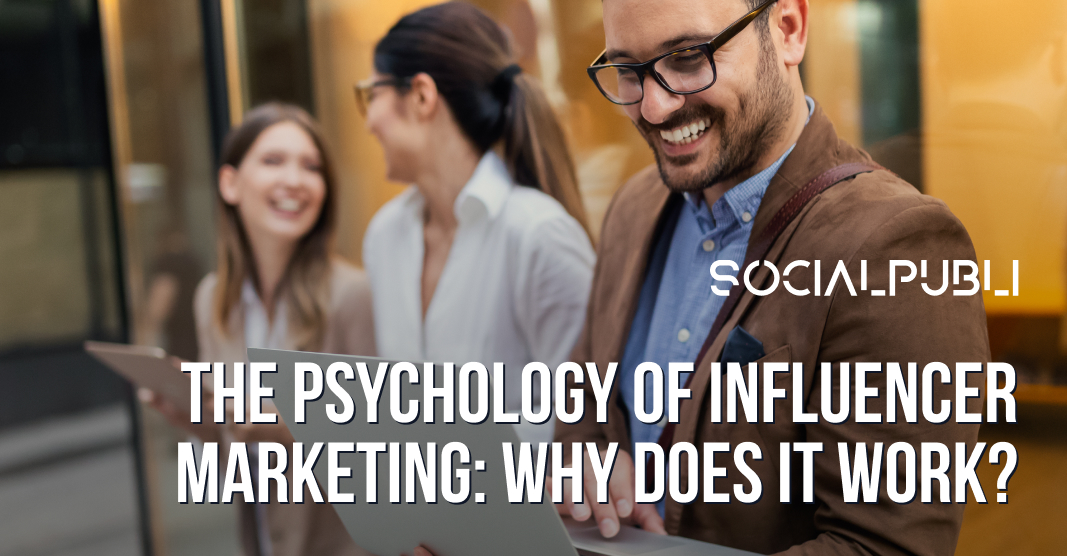The psychology and marketing interplay in influencer marketing is profound, as it taps into fundamental human social and cognitive processes such as trust, social conformity, belonging, and authenticity. Influencer marketing succeeds by guiding consumers through a psychological journey from awareness to purchase, leveraging these innate tendencies to create meaningful engagement and conversions.
Social Influence and Conformity
People are naturally inclined to conform to social norms and imitate the behaviors of those they perceive as similar or close to them. Influencers create communities around lifestyle choices and products, inducing followers to conform by seeing others’ positive engagement. The closer the social connection or perceived similarity, the stronger the influence on behavior.
Trust and Authenticity
Followers trust influencers when they appear genuine and their content feels authentic rather than overtly commercial. Authenticity is rooted in cognitive consistency theory, where people prefer influencers whose behavior aligns with their expressed values, making recommendations feel natural and credible rather than intrusive ads. Nielsen’s 2023 report supports this, showing 71% of consumers globally trust online opinions, including those from influencers.
Parasocial Interaction and Relatability
Influencers evoke parasocial relationships — one-sided, pseudo-intimate bonds where followers feel connected to the influencer. This fosters trust and makes the content relatable, increasing the effectiveness of marketing messages.
Fear of Missing Out (FOMO)
Influencers often create urgency through limited offers or exclusive access that taps into FOMO, a deep-seated anxiety about being excluded from positive experiences. This pressure motivates quicker purchasing decisions.
Visualizing Aspirational Lifestyles
Instead of direct selling, effective influencers demonstrate how products integrate seamlessly into desirable lifestyles. Followers can visualize themselves experiencing similar satisfaction, making the product more appealing psychologically.
Social Proof and Norms
Seeing an influencer endorse a brand acts as social proof that the brand is desirable and accepted by a trusted community. This reduces uncertainty and enhances motivation to buy.
Effectiveness of Micro-Influencers
Studies show that micro-influencers generate more authentic, credible, and cost-effective engagement because their communication feels more reciprocal and personalized to followers, thereby strengthening influence.
Additional Insights from SocialPubli:
-
Their platform highlights how brands use tailored influencer campaigns across platforms like Instagram, TikTok, Twitch, and WhatsApp to reach target audiences effectively via authentic connections.
-
SocialPubli’s global study confirms the cost-effectiveness and authenticity of micro and macro influencer collaborations in regions such as North and South America, reinforcing the psychological principles of trust and engagement.
-
Analytics tools enable brands to measure real-time ROI, ensuring that influencer marketing strategies stay aligned with audience responses and optimize impact.
Overall, influencer marketing’s success is deeply rooted in human psychology: it leverages our innate social belonging, trust in authentic voices, and preference for social proof to drive consumer behavior more effectively than traditional advertising methods. This makes influencer marketing a uniquely powerful tool in modern digital marketing strategies.
If you want to explore related content and deeper insights on influencer marketing psychology or campaign strategies, SocialPubli’s blog regularly updates thorough articles on topics such as influencer effectiveness, micro vs. macro influencers, and emerging platform trends. These resources can provide practical examples and further research data to enrich your post.












